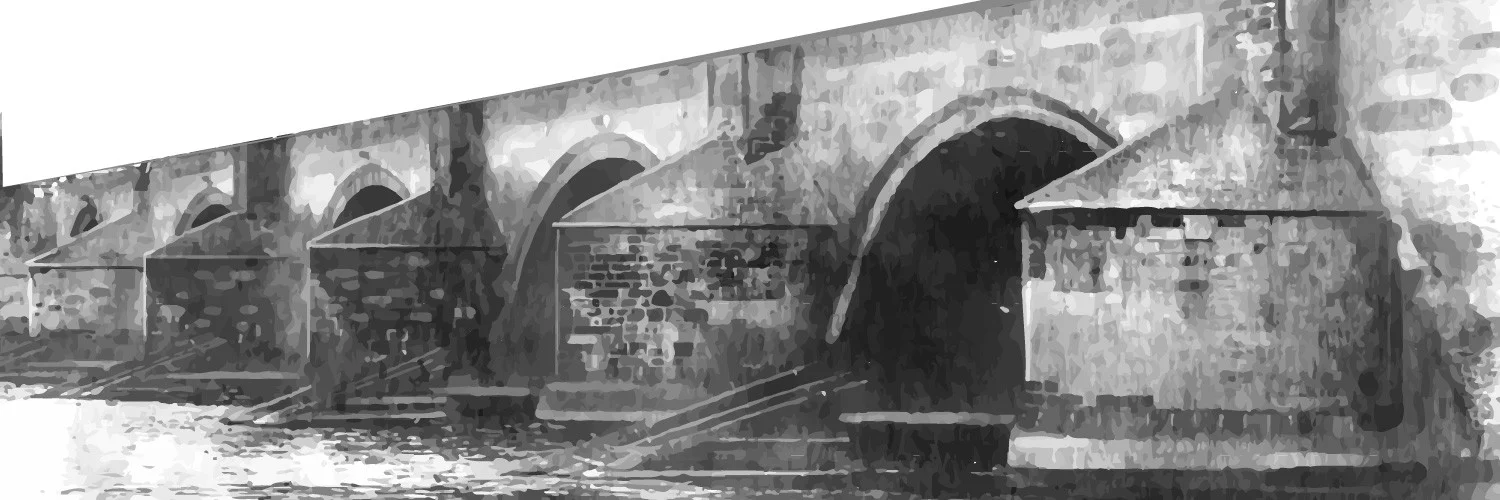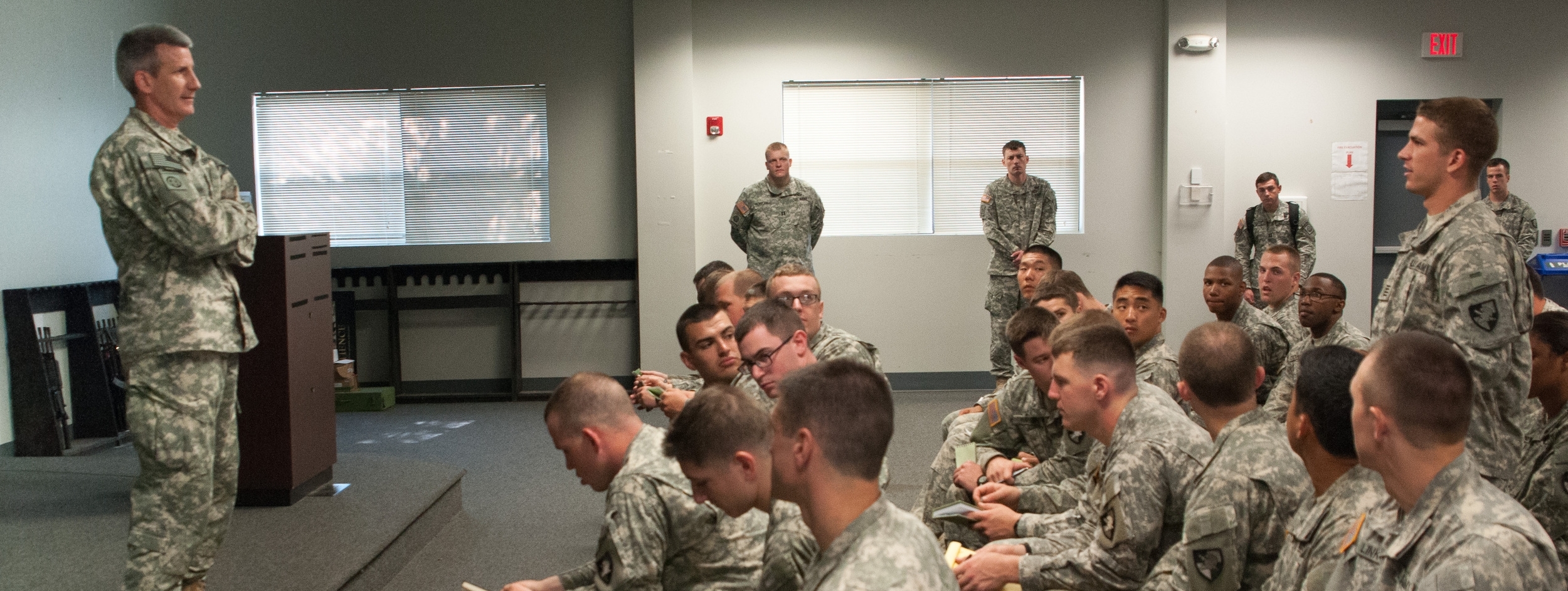"Monday Musings” are designed to get quick, insightful thoughts based around three questions from those interested in strategy, from the most experienced and lauded, to our newest thinkers/writers.
The Battle of Cung Son
Bloodying the enemy at Cung Son occurred at the cost of advancing pacification. Instead of focusing resources on intensifying the Saigon government’s control in Son Hoa District, efforts were directed towards rebuilding the hamlets and the people’s trust in the GVN to protect them. For the aforementioned reasons, what transpired at Cung Son functions as lesson that battlefield triumphs do not always equate to winning a war.
#Reviewing How Everything Became War
How Everything Became War and the Military Became Everything is an important addition to the professional body of literature on the evolution of warfare, providing readers with ideas on the future of warfare and the required institutions, legal frameworks, and strategies that need to be in place to maintain stability against an increasing number of threats to the post World War II order. While the nature of war has remained unchanged, the character of warfare is continuing to evolve and as Brooks points out, if we fail to act, we run the risk of unraveling the very fragile norms of warfare and human rights developed in that momentous summer of 1945.
#Reviewing War by Other Means
There isn’t much grand about America’s post-Cold War grand strategy. Such is the consensus among the academic scholars, think-tankers, pundits, and many former national security officials who have chastised U.S. foreign policymakers for lacking strategic sophistication, or worse, failing to craft a coherent grand strategy at all...In their well-crafted and important new book, War by Other Means: Geoeconomics and Statecraft, Robert Blackwill and Jennifer Harris join this discussion orthogonally, arguing that the United States has altogether abandoned the economic dimension of grand strategy.
A New Plan: Using Complexity In the Modern World
This approach takes the traditional ends/ways/means strategy of the industrial era and attempts to contend with the modern environment by obtaining information dominance through understanding an ill-structured problem. But as good as your intelligence might be, if you receive an assessment that predicts the unpredictable, you would be wise to question the sourcing. While one might sympathize with Eisenhower's notion that planning has its own virtues divorced of the result, the reliance on the predictability of inputs and outputs of a linear equation are erroneous. With complexity, outcomes become disproportionate and hence non-linear approaches are required.
#Monday Musings: Kori Schake
Reflections on Tailoring #Leadership for a Perfect Fit
Leadership has close cousins in management and supervision and at different times includes activities as diverse as communication, motivation, coaching, discipline and planning, to name but a small sample. A leader the is calm voice giving commands on a chaotic bridge, a general devising a brilliant invasion plan, a field grade officer making sure his soldiers are properly prepared for an upcoming deployment, a program manager helping to sharpen the thinking of a design engineer, or a Service Secretary persuading Congress and the public on the value of his service’s capability to the nation. Perhaps the only thing one can say about good leadership that applies universally is that to be effective, it must be tailored to fit.
Balanced Statecraft
Perhaps no one expects the oratory of Franklin Roosevelt, John Kennedy, or Ronald Reagan, but Americans should expect a reasonable amount of substance regardless of political optics. Such efforts can bridge the discussion of strategy and force the next president to think harder, deeper, and chart a clear course for America in a changing world.
#Reviewing Through the Valley: My Captivity in Vietnam
As the United States finds itself once again providing special operations and fire support to a host nation fighting an enemy bent on its destruction, the same psychological pressures and realities faced by Reeder are being confronted by both coalition personnel as well as all manner of people either captured or occupied by the Islamic State. New craters. Old volcanos. And as we continue to pour support into this fight, there comes with it the same human costs that responsible decision makers and leaders would do well to understand.
#Reviewing Consequence: A Memoir
The Military Mind in the Age of Innovation
A liberal education is only one aid to making the military more adaptable for the innovation age. Many other implements will be possible, as long as they fit the general criterion of building common ground between military and innovative minds. A liberal education is a fundamental solution, though, in that it can endure this generation of technological change and the many others that will follow.
#Monday Musings: Brian D. Laslie
Maintaining An Innovative Edge: The (Abbreviated) Case For U.S. Air Force Warrant Officers
The debate surrounding warrant officers in the Air Force is bigger than simply money and prestige, both for individuals and for within the force. Today’s Air Force risks both bleeding talent from within based on the current force structure, and its education and training programs for internally growing talent is unlikely to adapt fast enough to keep pace with significant changes in the digital battlespace modern airmen confront. Flexibility is the key to airpower, and the prospect of reintroducing warrant officers on the terms the Air Force needs today are critical to that flexibility.
#Reviewing Here, Bullet: Turner’s Trinity of Love, Death, and Poems
Mere description cannot approach the inner essence of the experience of war, but poetry can...Rather than attempting to bridge this insurmountable gap, Turner leads us to the edge, pushing us there without pushing us off. Turner later contends, “I have no words to speak of war.” Instead, he translates bullets, moving from Bismarck’s blood and iron to ink and lead. What follows is a collection of poems infused with “the language of blood,” endowed with experience, taking us to edge, showing us what otherwise cannot be seen, and leaving us there to reflect.
Yemen at a Crossroads: Four Scenarios
Historically a commercial crossroad, Yemen sits at the junction of three continents—Europe, Asia, and Africa—and three major maritime expanses—the Indian Ocean, as well as the Red and Mediterranean Seas. Previously, it was a zone for exchange and mobility, channeling international trade, financial transactions, and human migration. Recognized by Roman geographers as Arabia Felix, Yemen was once known for its waterfalls, fruitful land, trade, and civilization. In the past few decades, Yemen has been increasingly recognized as a fragile state on the brink of failure. While the recent war has brought Yemen closer to failure, the divided country is resiliently ahead of total collapse, but remains plagued by a nexus of economic, political, and security challenges.
Call for Topics on The Strategy Bridge
The coming months are filled with moments to recall, contemplate, and analyze, looking for the patterns that drive strategy, national security, and military affairs. Have something to say? The Strategy Bridge is looking for you. Take a look at our submission guidelines and send us your article at submissions@thestrategybridge.com. Write on!
#Monday Musings: Andy Priest
Studying, Thinking, and Practicing National Security
Word of mouth - which is essentially reputation infused with action – is a key component to success, or at least influence, in the policy world. Personal reputation creates job opportunities; organizational reputation prompts demand for services and insight. The latter aspect comes into play for the Clements Center for National Security at the University of Texas at Austin, which runs a week-long Summer Seminar in History and Statecraft at an offsite location in the mountains of Colorado. The renown of the seminar is broadly noted by numerous experts across several disciplines that relate to national security policy - and came to me via the recommendations of some very accomplished friends.
Reflections on #Leadership: Asking the Right Questions
Since the Army Operating Concept: Win in a Complex World was published in 2014, military leaders have been inundated with the idea of complexity. But how should we prepare to overcome complexity? How can leaders improve their ability to understand, visualize, and describe this environment to enable decision making? How should we adjust our planning to account for this complexity? In the past, the military has largely focused on new or improved processes and technology to account for historic lessons learned, but will this be successful in the future? There are many ways to prepare for a complex world, but improving cognition through inquisitiveness should be chief among them.
Echoes of the Entente: Lessons in Paradigm-Changing Diplomacy
On April 8, 1904, French Foreign Minister Théophile Declassé took a telephone call from Paul Cambon, his ambassador in London. “C’est signé!” Cambon roared into the phone—”It is signed!” The modern era’s most significant treaty, the Franco-British Entente Cordiale was signed. What had been one of the world’s most significant historical rivalries from shortly after the Norman Conquest in 1066 up to that April day in 1904, was over. France and England reached agreement on a host of issues, specified and sorted out in painstaking detail through three treaties signed at once. The world would never be the same.





















